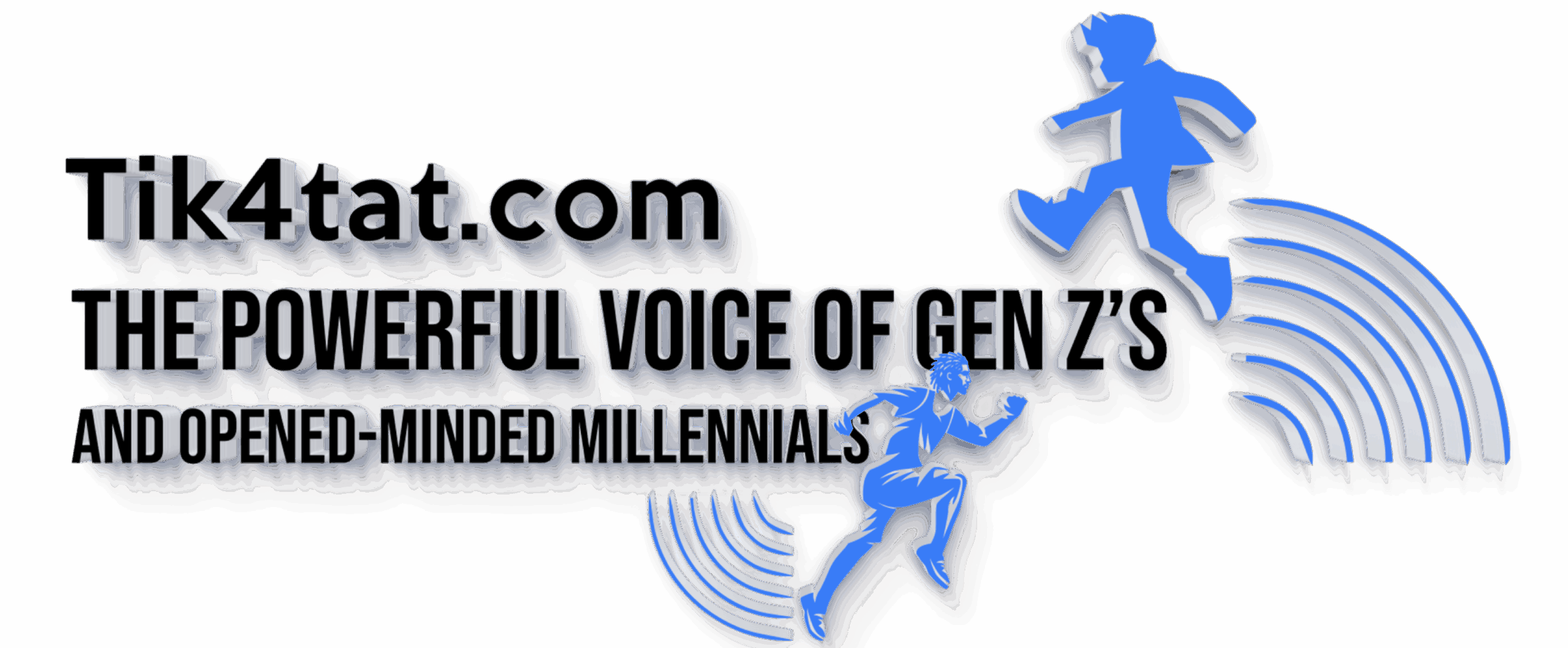Gen Z and open-minded Millennials. Let’s talk the possibility of Impeachment. Tik4tat.com

Time to think “impeachment?”
I think we all can agree that these are troubling times and tough decisions will need to be made very soon. Will the United States become a country where a few control the masses, or will the masses make their voices be hear so loud the world stops for a moment. So, it starts with your state representatives. You, are the voter’s. Representatives will listen eventually because they don’t want to lose the easiest and luxurious job in the world.🤫 Whoever thought a mike Tyson quote would become revenant in USA politics.
Mike Tyson’s quote is: as it applies to policy makers.
“Everybody’s got a plan until they get punched in the mouth.”
In today’s politics, particularly in the highest offices, will those in power continue to disregard long-standing laws to further their own agendas and maintain power indefinitely? It’s disheartening to see how far we’ve fallen, with racism playing a significant role. Hate remains one of the most damaging words ever spoken.
Call to Action
Gen Z, open-minded Millennials, Pro and Amateur athletes, celebrities, and engaged citizens, it’s time to:– Pay attention to the issues that matter
– Listen to diverse perspectives
– Get involved in creating positive changeIn times of crisis, collective action can be a powerful catalyst for progress.”
Example for Impeachments:
Historically, the charges brought in impeachment proceedings illustrate the range of what has been considered “high crimes and misdemeanors”:
- Abuse of Power: Using the office for personal gain, obstructing justice, acting contrary to the duties of the office.
- Dereliction of Duty: Gross negligence or failure to uphold the responsibilities of the office.
- Contempt of Congress: Defying lawful demands from the legislative branch.
- Perjury and Obstruction: While these can be criminal acts, in an impeachment context, they can also be seen as undermining the integrity of governmental processes.
- Conduct Unbecoming the Office: Actions that severely damage public trust and confidence in the government.
- Article I, Section 2, Clause 5 grants the sole power of impeachment to the House of Representatives.
- Article I, Section 3, Clauses 6 and 7 give the Senate the sole power to try all impeachments and specify that conviction requires a two-thirds vote of the members present, with the penalty limited to removal from office and potential disqualification from future office.
- Article III, Section 2, Clause 3 states that impeachment trials are exempt from the jury trial requirement.
Therefore, while Article II, Section 4 specifies the grounds for removal, Article I details the legislative process of impeachment and trial.
“The President, Vice President and all civil Officers of the United States, shall be removed from Office on Impeachment for, and Conviction of, Treason, Bribery, or other high Crimes and Misdemeanors.”
The phrase “high crimes and misdemeanors” in the context of impeachment is not precisely defined in the U.S. Constitution, leading to ongoing debate about its exact meaning. However, historical context, scholarly interpretations, and impeachment precedents offer some understanding:
Historical Context:
- The phrase has roots in English parliamentary impeachment practices, where it was used to cover a broad range of offenses against the state, not necessarily indictable crimes.
- During the U.S. Constitutional Convention, the framers deliberately chose this less specific language after considering and rejecting terms like “maladministration,” suggesting an intent to encompass a wider scope of misconduct than just criminal offenses.
- Alexander Hamilton, in Federalist No. 65, described impeachable offenses as “those offenses which proceed from the misconduct of public men, or, in other words, from the abuse or violation of some
1 public trust.” This suggests a focus on the misuse of official power and betrayal of public duties.Interpretations:
There are several interpretations of “high crimes and misdemeanors.”
- Broad Political Offenses: This view suggests that impeachable offenses are not limited to indictable crimes but include serious abuses of power, dereliction of duty, or conduct that undermines the integrity of the office and the functioning of government.
- Crimes Against the State: This interpretation focuses on actions that harm the structure or fundamental principles of the government, even if they are not explicitly criminal.
- Grave Offenses: Some argue that “high crimes and misdemeanors” should be understood as offenses comparable in seriousness to treason and bribery, though not necessarily fitting those specific definitions.
- Whatever Congress Says It Means: A more political view posits that the definition is ultimately determined by the House of Representatives when it impeaches and the Senate when it convicts.
- In summary, “high crimes and misdemeanors” is a flexible and inherently political standard for impeachment. It is generally understood to encompass serious misconduct by officials that abuses the power of their office, violates the public trust, or undermines the functioning of government, even if such conduct does not constitute a criminal offense.
The determination of what constitutes an impeachable offense ultimately rests with the House of Representatives and the Senate. Remember, they are elected by voters.
Your Life-Your Future
The Power Source For Gen Z and Open-Minded Millennials.
Tik4tat Research Team


